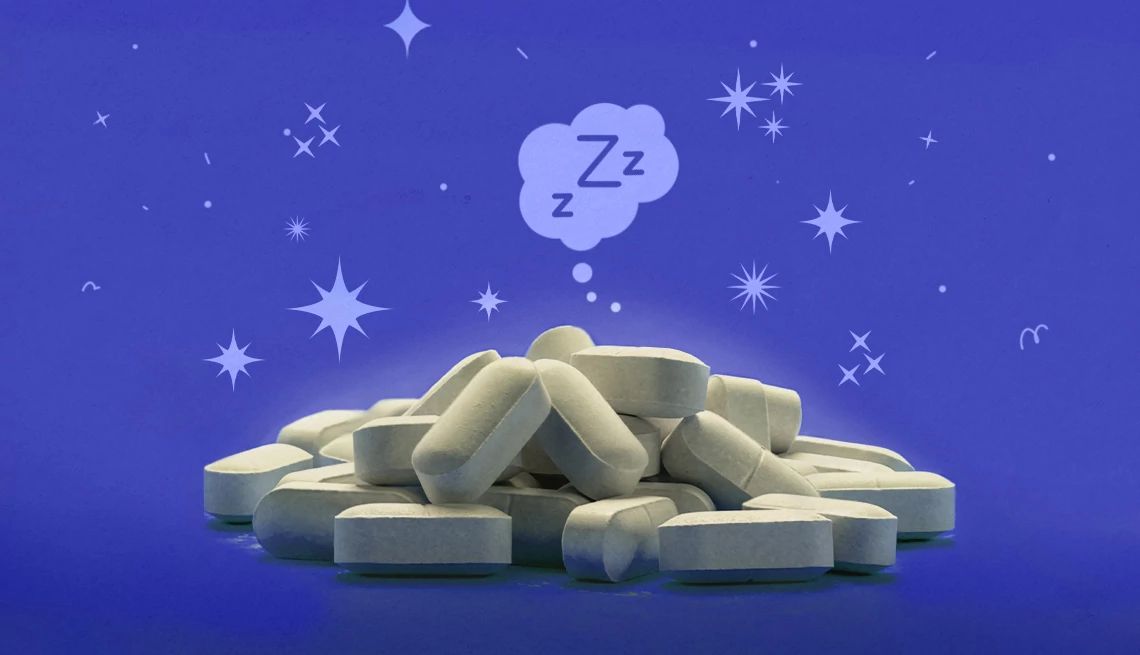AARP Hearing Center


Not long ago, I’d resigned myself to having insomnia for the rest of my days.
I could fall asleep without any problem, but I constantly awoke in the middle of the night and couldn’t get back to sleep. I saw a lot of Ben Affleck movies at 3 a.m. Now and then I had a night when I literally didn’t sleep for a second.
I’d seen a sleep specialist who told me that even Big Pharma hadn’t devised anything to treat insomnia, apart from benzodiazepines, which are habit-forming and not safe to take long-term. So I watched more Ben Affleck movies. I became especially fond of The Accountant.
Then I had a routine visit with my dermatologist, who said I looked tired. When I mentioned my insomnia, she recommended magnesium glycinate and suggested I take 300 to 450 mg one hour before bedtime.
I scoffed silently. For a while I’d been taking one of those “bedtime” cannabis indica edibles with 5 mg of TCH as well CBD and CBN, but it didn’t significantly improve my sleep. Americans spend about $60 billion a year on dietary supplements, which are loosely regulated by the FDA. (That’s how TikTok influencers are able to build fortunes by raving about products that don’t do a thing.)
But when you’re exhausted, you’ll try anything. So I picked up some magnesium at the local drugstore and added it to my nighttime ritual of taking a THC/CBD edible. Reader, I slept. It’s been almost a year now. In the last few months, I’ve averaged seven hours and 20 minutes of sleep per night, far more than I did before BMG (Before Magnesium Glycinate).
What the science says
Magnesium is not an established therapy for insomnia, and it isn’t even recommended by the American Academy of Sleep Medicine (AASM). “The evidence just isn’t there,” says Dr. Indira Gurubhagavatula, an AASM board member and professor of medicine at the University of Pennsylvania. “Magnesium can help muscles relax and help people fall asleep, but will it continue to work long-term? That’s anybody’s guess.”






































































You Might Also Like
Understanding Fatigue: Medical Insights
Identify fatigue causes and boost your energy levelsSmart Sleep Tips for a Refreshing Morning
43 tips to help you fight those restless, endless nights and get the slumber you need.
Expert advice for getting great Z’s
Expert advice for getting great Z’s